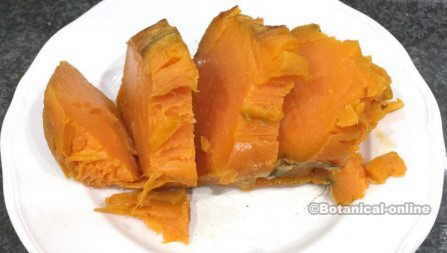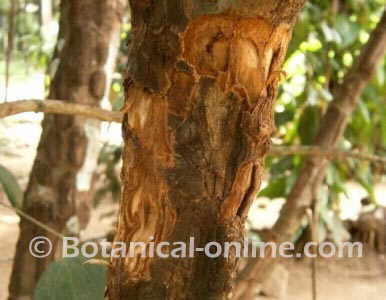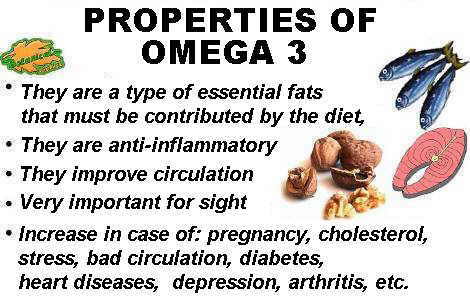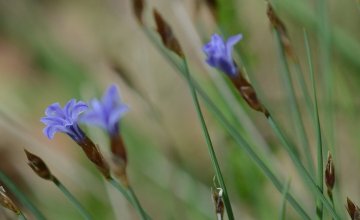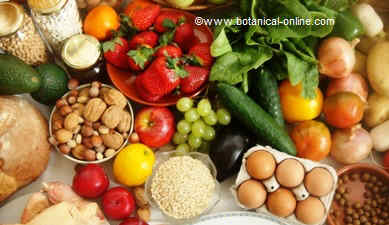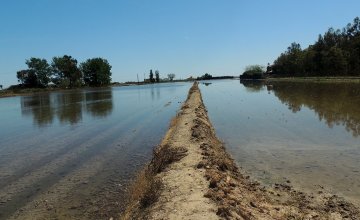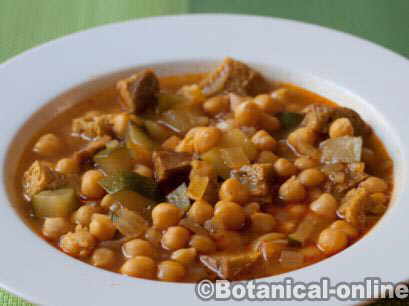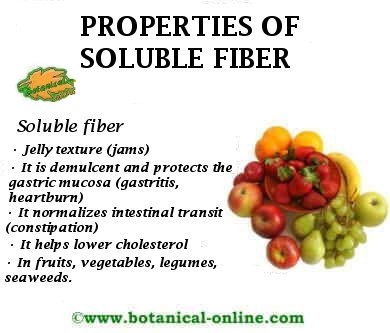Contents
Healthy food for the prostate
Nutrition and prostate diseases
There are certain countries where prostate cancer or prostatitis are particularly high, while in other places, the indices of diseases of the prostate is much lower.
Well-documented studies have shown that nutrition plays a major role in the prevention and control of diseases of the prostate.
For example, cases of prostate cancer are much lower in the eastern society, such as Japan or China where the type of food is based on the use of certain vegetables appear to be critical in preventing these diseases.
In other cultures, like the north- American one, whose diet is based on an excessive consumption of animal fat, this type of disease is much more common.
Adequate food for prostate disease
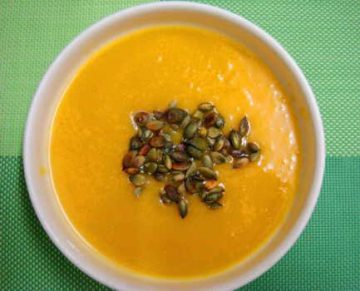
Among the main foods that are beneficial to prevent or ameliorate prostate diseases we may include the following:
– Food high in vitamin E: Vitamin E, among other properties, besides anti-inflammatory properties, is well suited to prevent inflammation of the prostate and has antitumor properties capable of inhibiting the growth of cancer cells, especially breast cancer, colon and prostate cancers. Eating foods rich in this vitamin is effective to protect against these cancers.
Among the foods especially rich in vitamin E there are:
– Green leafy vegetables: They constitute one of the richer food groups in this vitamin.
– Dried fruits: Like vegetables, dried fruits are rich in vitamin E
– Wheat germ.
– Soybean and other legumes: The reason why people in Japan and China have less percentage of these diseases lies in its high consumption of this legume. Soy is a powerful anti-cancerous remedy.
Studies in Japan, where people usually tend to eat lots of soy soup, showed that a daily intake of a bowl of soup diminishes to 1 / 3 the chance of developing stomach cancer. It has also been proven that eating soy or its derivatives stops the growth of cancer cells, especially breast, prostate, uterus and colon cancer.
The reason for this property is due to the existence of some components called isoflavones and lignans, which have the power to reduce the male hormones that are directly responsible for benign prostatic hyperplasia or increased non-cancerous prostate and to inhibit the growth of cancer cells in this organ.
It is therefore highly desirable to include soy as a staple food. Remember that in addition to this legume, we have an arsenal of products derived from soybeans, which have the same properties, and will allow us to prepare different culinary dishes while we’re eating the same vegetable. These would include tofu or “cheese of soy”, soy milk, or “meat of soy”.
Within the group of legumes, soybean is the most recommended, but it should be noted that the consumption of other legumes such as peas or beans, promote or improved control of these diseases As most members of this food group, they contain similar components to a greater or lesser extent.
– Alfalfa and alfalfa sprouts: There is evidence that another important legume in the control of diseases of the prostate is alfalfa. It has traditionally been used for animal feed, however, it is now believed that consumption, can be very useful in preventing prostate cancer, especially when especially the sprouted buds are ingested,Its properties are due to the presence of two isoflavones, called genistein and daidzein, which prevent the formation of cancerous tumors in the prostate.
– Pumpkin: Pumpkin, by its carotene content, is one of the recommended foods. The properties of carotenoids are very broad. Among them, its ability to inhibit cancer development deserves special mention. It has been proved the importance of the consumption of green leafy foods, such as leeks or pumpkin, in the prevention of prostate cancer because of its ability to prevent prostate enlargement in the condition called benign prostatic hyperplasia, a condition that can be commonly found in men aged 50 years and, although it is not as serious as cancer, is is a very serious discomfort when urinating or having sex.
– cabbage: Cabbage and the members of the family of the cabbages, Brussels sprouts, cauliflower, broccoli, turnips, are very rich in vitamin C, cysteine, and sulforafano glucosinolates. these are components that protect us against cancers (mainly breast, lung, stomach, ovarian, prostate and colon cancers). It would be useful to eat once a day some of these vegetables .
The antioxidant properties of this family are considered very interesting for the prevention of many other physical illnesses. They are particularly indicated in the health care of the arteries and heart. Among the most potent antioxidant of this plant we can point our alpha-lipoic acid, a component that was considered to belong to the vitamin B group for some time. Its antioxidant properties have been highly praised in recent years.
– Tomatoes: Due to its content in lycopene and glutathione, two potent anti-cancer elements, it is recommended to add plenty of tomatoes in your salad.
– Blue fish: Members of oily fish (mackerel, sardines, tuna, salmon, etc) should appear in meals quite frequently, especially in people with prostate problems, so they should be eaten at least three times a week. These foods are rich in omega-3.
The inclusion of foods or supplements rich in this component protects against the development of certain cancers, especially colon cancer, prostate cancer and breast cancer. They can also shrink tumors by preventing the growth of cancer cells or avoid their recurrence elsewhere in the body because of metastasis,.
– Food high in Zinc: Zinc inhibits the production of dihydrotestosterone whose elevated levels are associated with increased prostate non cancerous. An increase of zinc in prostate cells appears to be effective in the prevention and treatment of benign prostatic hyperplasia. Celery, asparagus, borage, figs, potatoes, peanuts, eggplants, cashews, sunflower, onions, kidney beans, potatoes, lentils, peaches, almonds, radishes, pears, sweet potatoes, papayas, cereals, etc. are rich zinc foods. People who do not wish to make a regime exclusively vegetarian can decide on the consumption of seafood (especially oysters), liver or eggs that are animal foods very rich in zinc.
| – Water in abundance: For the treatment of benign prostatic hyperplasia, it is advised to drink at least a liter and a half of water a day. At first, the high consumption of water can worsen the symptoms of the disease but, when the bladder is adapted, ill persons may increase urination without feeling so bad when urinating. – Low cholesterol diet : Cholesterol worsens this disease, so that a proper diet on cholesterol-lowering foods will help to improve it. |
Non-adequate food for prostate disease
The following foods are not adequate in the diet of people with these conditions:
Food high in saturated fat: It seems to be proved a direct link between fatty foods of animal origin and the increase in prostate cancers. Also these foods may be responsible for mild inflammation of the prostate. It is recommended to be careful and eat the least amount of these foods in patients with prostate cancer.
Alcohol: It is believed that consumption of alcohol may increase prostate cancer.
Stimulants: The use of artificial or natural stimulants such as coffee, chocolate or cacao and cola drinks, is not suitable for prostate patients. Instead, to increase urination, we recommend the use of suitable medicinal plants. (See “Treatment for the prostate” in the listing below)
![]() More information on postrate disease.
More information on postrate disease.

